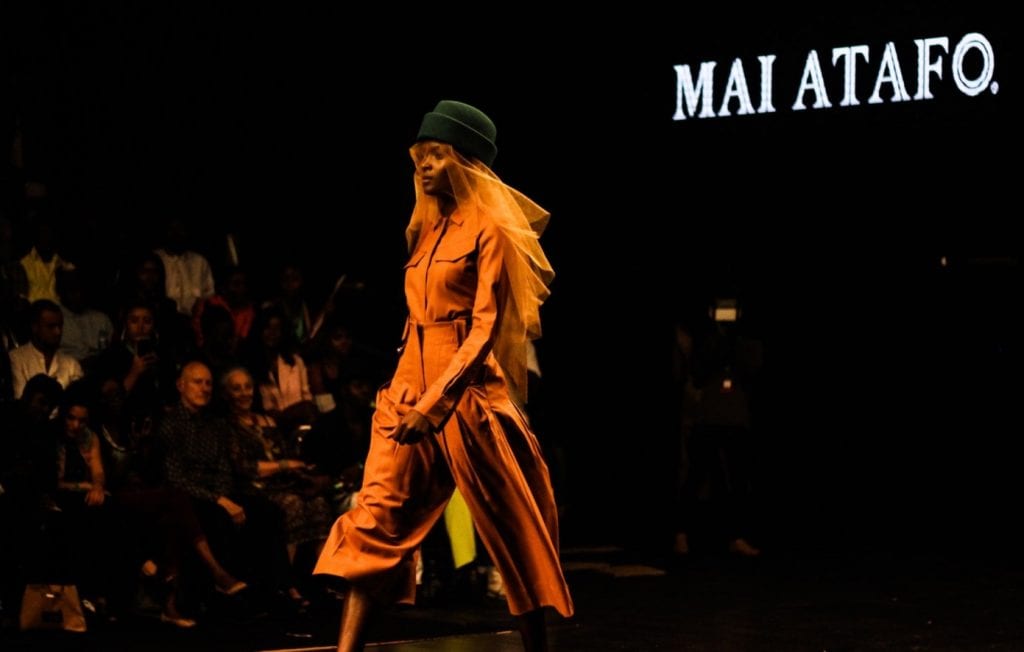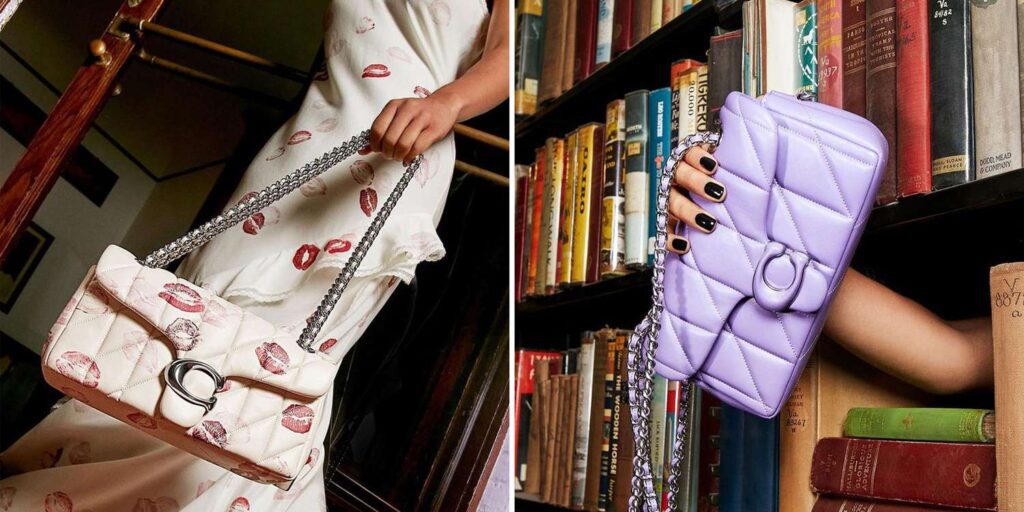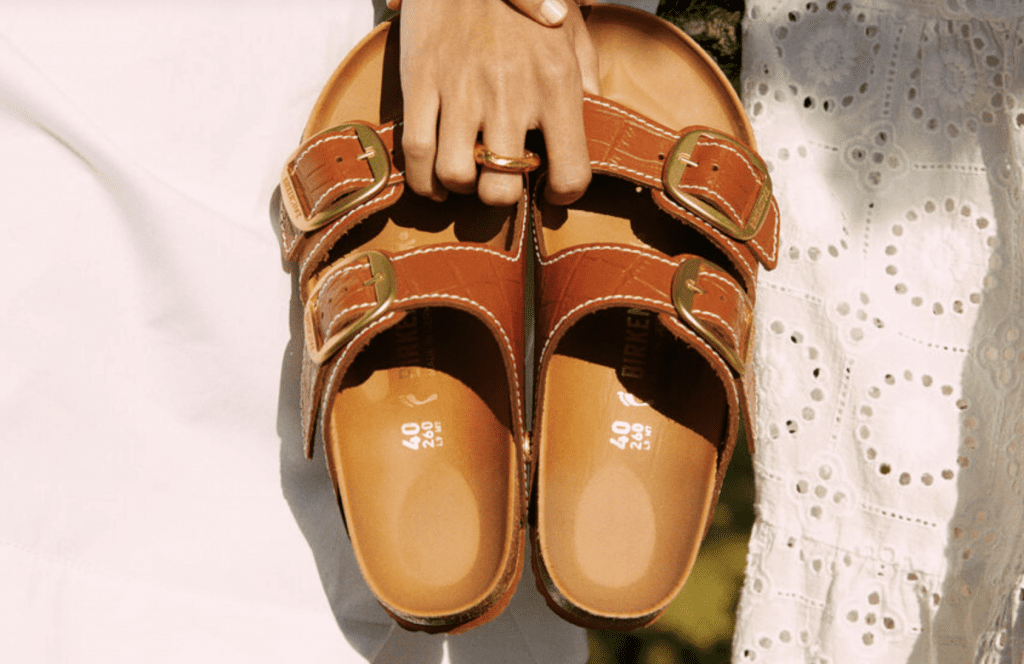Just a few years ago, consumer spending in Africa passed the $1 trillion mark. Consumer-facing industries are expected to bring in $2.6 trillion in revenue annually by 2020, according to McKinsey, and luxury spending, alone, is projected to account for $5.2 billion by the end of this year. And while the fashion industry in Africa is currently valued at $3 billion, per the Financial Times, the potential of the entire value chain is much greater than that.
Situated firmly the center of this striking growth trajectory is Africa’s most populous nation, Nigeria, and its fast-growing pool of “middle and upper class” consumers. With retail sales, including luxury ones, playing an increasingly large part in Nigeria’s gross domestic product, and in light of an “unmistakable trend toward a more prosperous consumer class,” including an estimated 90 percent rise in the number of “ultra-high-net-worth individuals” by 2024, analysts are likening Africa and its most swiftly-growing countries to “China in the 1980s.”
Nigeria, in particular, has come to “present exciting opportunities that are just starting to open up, supported by rising household incomes, fast urbanization, and a growing middle class,” per a A.T. Kearney report. Not only are luxury brands starting to take notice, the Nigerian government also sees the projected boom in consumer spending as an opportunity to make money, namely by way of increasing taxes on luxury goods.
To date, Nigeria has relied on crude oil sales for much of the government revenues, which has proven problematic in light of “lower oil prices after the country recovered from a recession that slashed public finances, weakened its currency and cut spending on capital projects,” according to the Nation.
However, according to Nigeria’s Minister of Finance Zainab Ahmed, looking to luxury as a source of government revenue will help fix this. “We plan to grow revenue by collecting new taxes, standardize the tax base and enabling strategic investment that will spur economic growth,” Ms. Ahmed stated this week. “We have identified some new taxes that we’ll be coming to discuss with the National Assembly. We’ve also continuously been working to broaden the tax base to expand and improve the value-added tax performance.”
In the past, the Nigerian government has considered the idea of raising taxes on luxury goods to 15 percent from the current rate of 5 percent, but this is the first time that the country’s parliament has asked the government to implement a take hike on them to boost revenues.











